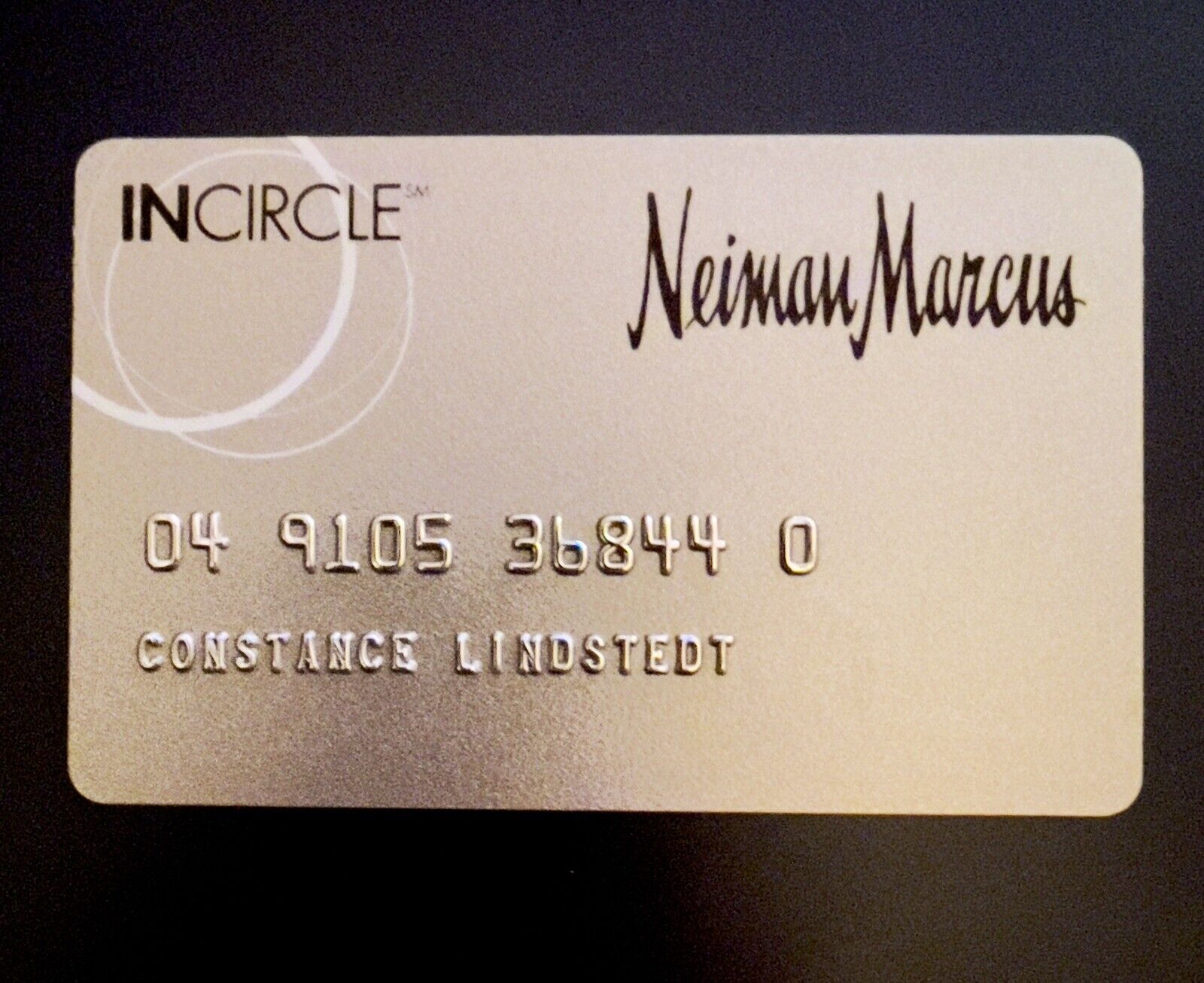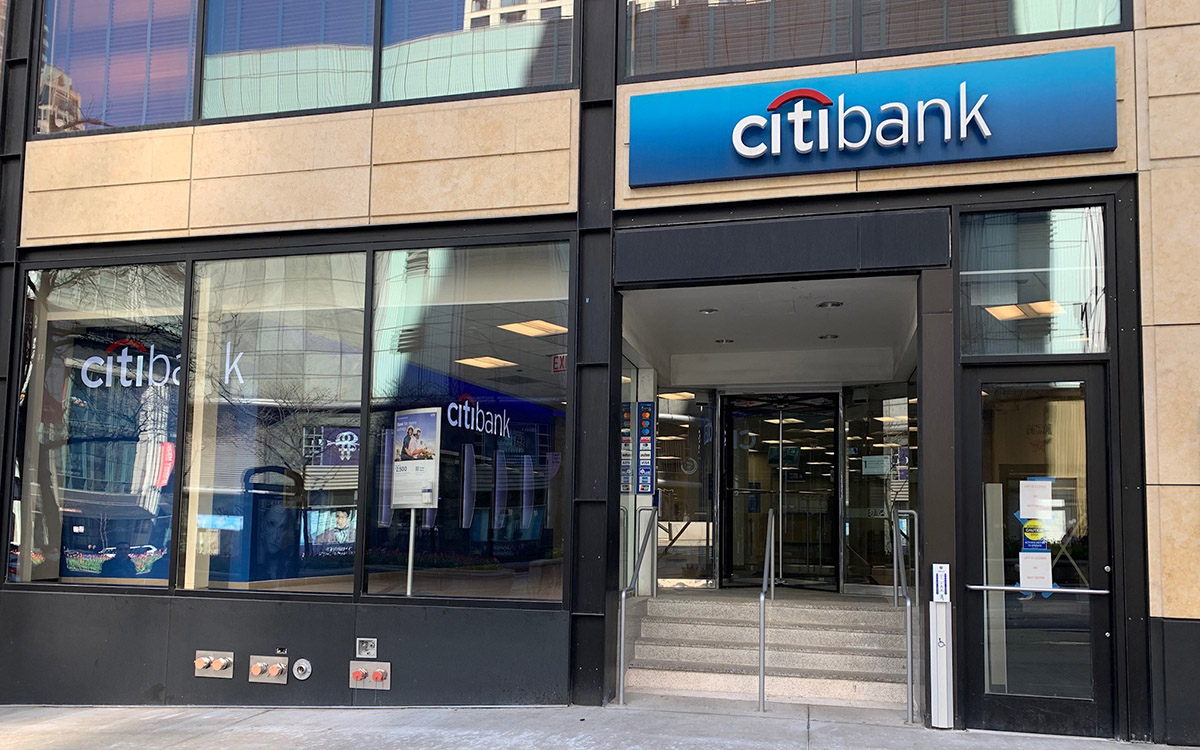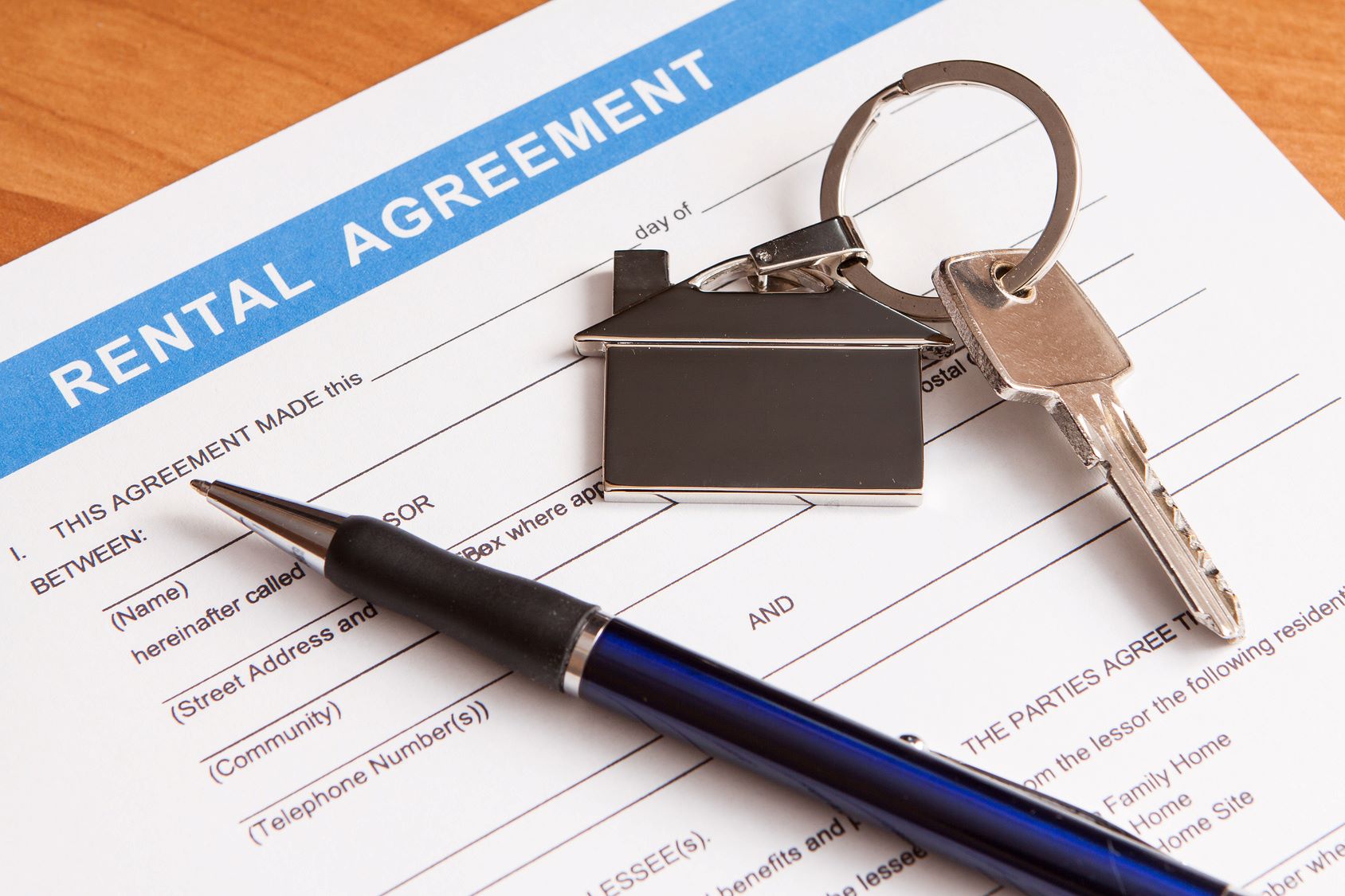Home>Finance>How To Get Approved For An Apartment Without Credit


Finance
How To Get Approved For An Apartment Without Credit
Published: January 8, 2024
Learn how to get approved for an apartment without credit using smart financial strategies. Secure your dream rental today!
(Many of the links in this article redirect to a specific reviewed product. Your purchase of these products through affiliate links helps to generate commission for LiveWell, at no extra cost. Learn more)
Table of Contents
- Introduction
- Understanding the Importance of Credit in Apartment Applications
- Alternative Options for Renters without Credit History
- Building a Strong Rental Application
- Providing References and Rental History
- Offering a Higher Security Deposit
- Showing Proof of Income and Stable Employment
- Utilizing Co-signers or Guarantors
- Communicating and Negotiating with Landlords
- Conclusion
Introduction
When it comes to renting an apartment, having a good credit score is often considered a prerequisite. Landlords and property managers use credit history as a tool to assess an applicant’s financial responsibility and reliability. However, for individuals who have limited or no credit history, this can pose a significant hurdle in the apartment approval process.
The absence of credit history may be due to various reasons, such as being new to the workforce, recent graduates, or individuals who prefer to pay for expenses in cash rather than relying on credit cards or loans. Fortunately, there are alternative options available for would-be tenants without credit history.
In this article, we will explore various strategies and tips to help you get approved for an apartment even if you don’t have a traditional credit history. By understanding the importance of credit in apartment applications and utilizing alternative approaches, you can improve your chances of securing a lease and finding the perfect place to call home.
Understanding the Importance of Credit in Apartment Applications
When you apply for an apartment, landlords and property managers typically conduct a thorough screening process to evaluate your suitability as a tenant. One crucial element they consider is your credit history, which provides them with insight into your financial responsibility and past payment behaviors.
Credit scores, such as those provided by major credit bureaus like Experian, Equifax, and TransUnion, are used to assess an individual’s creditworthiness. These scores are based on factors such as payment history, credit utilization, length of credit history, and types of credit. A high credit score indicates a history of timely payments and responsible use of credit, while a low credit score may indicate issues such as missed payments or excessive debt.
From a landlord’s perspective, a positive credit history demonstrates that you are likely to fulfill your financial obligations, including rent payments, on time. This is important to ensure a steady income flow for the property owner and maintain the overall financial stability of the property.
However, for individuals without credit history, the absence of a credit score can create challenges when applying for an apartment. Landlords may be hesitant to approve tenants without a credit history, fearing potential financial risks. This situation can be particularly challenging for young adults who are new to the workforce or immigrants who haven’t had the opportunity to establish credit yet.
Fortunately, landlords and property managers are increasingly recognizing that a lack of credit history does not necessarily indicate irresponsible financial behavior. As a result, they may consider alternative indicators of financial responsibility when evaluating apartment applications. By understanding these alternative options and taking proactive steps, you can increase your chances of approval, even without a traditional credit history.
Alternative Options for Renters without Credit History
If you don’t have a credit history or your credit score is too low to meet the landlord’s requirements, don’t despair. There are alternative options you can explore to increase your chances of getting approved for an apartment:
- Provide Proof of Financial Stability: Instead of relying solely on credit scores, some landlords may consider your overall financial stability. This can include providing proof of steady employment, a consistent income stream, and a positive banking history. Providing bank statements, pay stubs, and employment verification letters can help demonstrate your ability to meet rental obligations.
- Show a History of On-Time Rent Payments: If you have previously rented a property, you can request your landlord to provide a rental reference or recommendation letter. Highlight your track record of making rent payments in a timely manner to build trust with potential landlords.
- Offer a Co-Signer or Guarantor: If you have a trusted friend or family member with a good credit history, you can ask them to act as a co-signer or guarantor on your lease. The co-signer takes on the legal obligation to pay any outstanding rent or damages if you fail to do so. This can provide reassurance to the landlord and increase your chances of approval.
- Offer a Higher Security Deposit: Another option to mitigate the risk of approving tenants without credit history is to offer a higher security deposit. By providing a larger upfront sum, you can demonstrate your commitment to fulfilling your financial responsibilities and compensate for the absence of credit history.
- Communicate and Explain Your Situation: It’s always worth having an open and honest conversation with the landlord or property manager. Explain your lack of credit history and provide any relevant supporting documentation to demonstrate your financial responsibility. This can help build trust and provide a better understanding of your situation.
Keep in mind that while these alternative options can increase your chances of approval, individual landlords may have specific criteria and preferences. It’s important to be proactive, professional, and prepared when submitting your rental application, as it can make a significant difference in your apartment approval process.
Building a Strong Rental Application
When you don’t have a credit history, it becomes even more important to build a strong rental application to increase your chances of getting approved for an apartment. Here are some key elements to consider:
- Provide a Cover Letter: Include a well-written cover letter that highlights your positive qualities as a tenant. Explain your situation, address any concerns the landlord might have regarding your lack of credit history, and emphasize your commitment to fulfilling your financial obligations.
- Complete the Application Thoroughly: Make sure to fill out the rental application with accurate and detailed information. Provide all necessary documents, such as identification, proof of employment, and income verification. The more complete and organized your application is, the better impression it will make on the landlord.
- Prepare References: Gather references from previous landlords or roommates who can vouch for your responsibility, reliability, and timeliness in meeting your financial obligations. These references can provide valuable insights into your rental history and help build trust with the potential landlord.
- Show Proof of Savings: If you have savings, provide documentation to demonstrate your ability to pay rent even without a credit history. This can include bank statements, investment account balances, or any other proof of financial stability.
- Be Responsive and Professional: When communicating with the landlord or property manager, whether by phone, email, or in-person, be prompt, professional, and courteous. Demonstrating your ability to communicate effectively can help make a positive impression.
- Consider a Co-Applicant: If you have a trusted roommate or partner with a credit history, you can consider applying together as co-applicants. This can help strengthen your application and provide additional financial security to the landlord.
By taking these steps and presenting a well-prepared and thorough rental application, you can showcase your responsible behavior and minimize concerns about your lack of credit history.
Providing References and Rental History
When you have limited or no credit history, providing references and rental history can play a crucial role in establishing your credibility as a tenant. Here’s how you can navigate this aspect of the rental application process:
- Previous Landlord References: If you have rented a property in the past, reach out to your previous landlords and ask if they would be willing to provide a reference. A positive reference from a previous landlord can go a long way in demonstrating your responsible rental behavior, including timely rent payments and maintaining the property well.
- Roommate References: If you have lived with roommates in the past, consider asking them to provide a reference. Roommate references can help validate your ability to coexist harmoniously in a shared living space, pay bills on time, and maintain a clean and organized environment.
- Personal References: In the absence of rental history, personal references can provide valuable insights into your character and reliability. Choose individuals who know you well and can vouch for your responsibility and trustworthiness. This can include professors, employers, or mentors who can speak to your work ethic and personal qualities.
- Provide Relevant Documents: When submitting your application or during the interview process, provide any relevant documents that support your rental history. This can include copies of past lease agreements, rent receipts, or maintenance records, if applicable. These documents can help establish your track record as a responsible tenant.
- Explain Your Situation: Be open and transparent about your lack of credit history and use this as an opportunity to explain your financial responsibility. Take the time to communicate with the potential landlord, addressing any concerns they may have. Express your willingness to provide additional documentation or references to demonstrate your reliability.
Remember to obtain permission from individuals you include as references, and provide their contact information accurately. Building a strong network of references and highlighting your positive rental history can help compensate for a lack of credit history and increase your chances of getting approved for an apartment.
Offering a Higher Security Deposit
One effective way to mitigate the concerns of landlords when you lack a credit history is to offer a higher security deposit. A security deposit is a refundable amount of money that tenants provide upfront to protect the landlord against any damages or unpaid rent. By offering a higher security deposit, you can address the landlord’s concerns and increase your chances of getting approved for an apartment.
Here’s why offering a higher security deposit can work in your favor:
- Compensates for Lack of Credit History: By offering a larger security deposit, you are essentially providing extra financial assurance to the landlord. This gives them peace of mind, as they know they have additional funds to cover any potential damages or unpaid rent if necessary.
- Showcases Financial Responsibility: Offering a higher security deposit demonstrates your commitment to fulfilling your financial obligations as a tenant. It shows that you are financially stable and capable of meeting your rent and other expenses on time. This can help build trust with the landlord.
- Offsets Perceived Risks: When assessing tenants without credit history, landlords may perceive some risks due to the lack of traditional financial background information. However, a higher security deposit can help offset these risks by providing a tangible financial commitment that assures the landlord they are protected in case of any unforeseen circumstances.
Before committing to a higher security deposit, ensure you understand the legal limitations and regulations in your area. Some jurisdictions may have laws that limit the maximum security deposit amount that landlords can request.
When negotiating a higher security deposit, it’s a good idea to communicate openly with the landlord. Explain your situation and highlight the benefits of a higher security deposit to both parties. It’s also advisable to outline any conditions for the return of the deposit, ensuring clarity to avoid any future disputes.
Keep in mind that while a higher security deposit can improve your chances of getting approved for an apartment, it does not guarantee approval if there are other significant application factors at play. It’s important to present a well-rounded rental application, including other supporting documents and references, to enhance your overall candidacy as a tenant.
Showing Proof of Income and Stable Employment
When you lack a credit history, one effective way to strengthen your rental application is by providing proof of income and stable employment. This documentation can give landlords confidence in your ability to consistently meet your financial obligations. Here’s how you can showcase your income and employment stability:
- Pay Stubs and Employment Verification: Include recent pay stubs as evidence of your income. These documents provide confirmation of your employment status, regular income, and can help demonstrate your ability to afford the rent. Additionally, some landlords may request an employment verification letter from your employer, confirming your position, salary, and length of employment.
- Bank Statements: Provide bank statements that show regular deposits and a stable financial history. This can help emphasize your financial stability and responsibility. Highlighting consistent income deposits and a healthy bank balance can provide reassurance to landlords that you are capable of meeting your monthly rental obligations.
- Offer a Rental Ledger: If you’ve previously rented from a private landlord or through a property management company, request a rental ledger that includes your payment history. Showcasing a track record of timely rent payments can offer substantial evidence of your reliability and financial responsibility.
- Provide Tax Returns: If you are self-employed or have irregular income, providing tax returns can be beneficial. Tax returns can demonstrate your earning capacity and provide a transparent view of your finances.
- Explain Job Stability: If you have been employed by the same company for an extended period, highlight your job stability in your application. Long-term employment with consistent income can give landlords confidence in your ability to maintain steady rental payments.
When submitting your rental application, make sure to organize and present the proof of income and employment in a clear and easily accessible format. Clearly label any supporting documents and ensure that they are accurate and up-to-date.
Remember, the objective is to demonstrate your financial stability and ability to meet your rental obligations consistently. By providing proof of income and showing stable employment, you can positively influence the landlord’s perception of your financial responsibility, increasing your chances of getting approved for the apartment.
Utilizing Co-signers or Guarantors
When you lack a credit history or face difficulty meeting the landlord’s requirements, utilizing a co-signer or guarantor can be an effective strategy to strengthen your rental application. A co-signer or guarantor is a person who agrees to take on the financial responsibility of the lease if you are unable to fulfill your obligations. Here’s how co-signers or guarantors can help:
- Co-signer: A co-signer is typically someone with established credit history who agrees to be equally responsible for the lease. This person undergoes the same screening process as the primary tenant and assumes liability for rental payments if the tenant fails to make them. The co-signer’s credit history helps alleviate the landlord’s concerns about your lack of credit or financial history.
- Guarantor: A guarantor, similar to a co-signer, agrees to be financially responsible if the tenant fails to fulfill their obligations. However, unlike a co-signer, a guarantor’s involvement does not necessarily extend to being equally liable for the lease. The guarantor provides an added layer of financial security for the landlord, assuring them that rent will be paid even if the tenant defaults.
When utilizing a co-signer or guarantor, it is essential to follow these steps:
- Find a Suitable Co-signer or Guarantor: Look for a trusted individual with a strong credit history who is willing to vouch for your financial responsibility. This is often a family member or close friend who understands and supports your situation.
- Discuss Responsibilities and Terms: Have open and honest conversations with the co-signer or guarantor to ensure everyone understands their financial obligations in case of default. Clarify the duration of their involvement, the process for rent payments, and any potential consequences if payments are not made on time.
- Include Co-signer or Guarantor Information in the Application: When completing the rental application, provide accurate and comprehensive information about the co-signer or guarantor. This includes contact details, proof of income, and any required documentation related to their creditworthiness.
- Ensure Legal Compliance: Familiarize yourself with local laws and regulations regarding co-signers or guarantors. Some jurisdictions may have specific requirements or restrictions on their involvement.
By utilizing a co-signer or guarantor, you address the concerns of landlords regarding your credit history. This additional layer of financial security can significantly increase your chance of getting approved for an apartment.
Communicating and Negotiating with Landlords
When facing challenges with your credit history or other application requirements, effective communication and negotiation with landlords can make a difference in securing an apartment. Here are some tips to navigate this process:
- Be Transparent and Honest: Openly discuss your situation and any potential concerns you anticipate the landlord may have. Provide a clear explanation of your lack of credit history, emphasizing your other strong qualifications as a tenant. Transparency helps build trust and may alleviate the landlord’s reservations.
- Highlight Your Strengths: Emphasize other positive qualities that make you a desirable tenant, such as stable employment, a strong rental history, or positive references. Clearly articulate how these qualities compensate for any perceived risks associated with your credit history.
- Offer Additional Documentation: Provide any supporting documents that showcase your financial responsibility, such as bank statements, rental payment history, or references from previous landlords. This additional evidence can help reassure the landlord about your ability to meet your rental obligations.
- Ask for Flexible Lease Terms: If your credit history poses a significant challenge, consider negotiating for more flexible lease terms. This may include a shorter lease term, a month-to-month agreement, or other options that allow for a trial period to prove your reliability as a tenant.
- Discuss Your Intentions and Commitment: Clearly express your commitment to fulfilling the terms of the lease and maintaining a positive rental experience. Assure the landlord that you are dedicated to being a responsible tenant and that you understand the importance of paying rent on time.
- Be Willing to Compromise: Recognize that negotiation is a two-way street. Be open to compromise and find common ground with the landlord. This can include discussing an increased security deposit, a co-signer or guarantor agreement, or other arrangements that provide the landlord with added reassurance.
- Professionalism and Respect: Maintain a professional and respectful tone throughout all communications. Treat the landlord as a business partner and demonstrate your commitment to a positive landlord-tenant relationship.
Remember, effective communication and negotiation require active listening and understanding the landlord’s perspective. By presenting yourself as a responsible and trustworthy tenant while addressing any concerns, you can increase the likelihood of reaching a favorable agreement with the landlord.
Conclusion
Gaining approval for an apartment without a credit history may seem challenging, but it is not impossible. By understanding the importance of credit in apartment applications and utilizing alternative strategies, you can increase your chances of securing the lease you desire.
Alternative options such as providing proof of financial stability, offering a higher security deposit, and showcasing a strong rental history can help compensate for the lack of credit history. Additionally, utilizing co-signers or guarantors can provide landlords with additional reassurance.
When applying for an apartment, it’s crucial to build a strong rental application by providing comprehensive information, references, and supporting documents. Communicating openly and transparently with landlords, highlighting your strengths, and offering additional documentation can make a positive impression and increase your chances of approval.
Remember, effective communication and negotiation skills play a significant role in the application process. Being professional, respectful, and willing to find common ground can build trust and lead to mutually beneficial agreements.
While having a credit history is often preferred by landlords, it’s important to remember that it is not the only factor they consider. Demonstrating financial responsibility, stability, and a strong intent to fulfill your obligations can go a long way in proving your suitability as a tenant.
With determination, preparation, and a proactive approach, you can overcome the challenges of obtaining an apartment without a credit history. Stay focused, present yourself in the best possible light, and remain persistent in your search. Soon enough, you’ll find the perfect place to call home.














